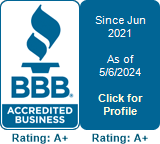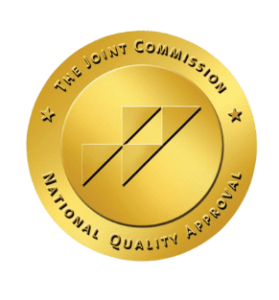
A Guide to the Most Effective Addiction Intervention Strategies
A drug or alcohol addiction intervention is only as good as the preparation you put into it. Understanding how these key strategies fit into an effective intervention is a vital step to achieving a successful outcome.
Understanding the Role of Addiction Interventions
Many people struggle with understanding the complexities of addiction and substance use when a loved one or close friend is in the midst of a crisis. Addiction is a chronic issue that affects the brain’s structure and function. With time, it goes on to affect almost all aspects of a person’s life and is often connected to other health issues. It does not resolve itself on its own, and staging an intervention is often a critical first step to getting the individual the help they need.
When Should You Plan an Addiction Intervention?
On the most fundamental level, an intervention is a structured conversation between the individual struggling with addiction and their family members and loved ones, guided by a professional. But how do you know when it’s time to start planning one? We put together a guide of warning signs to spot a hidden addiction, but as soon as you know addiction is the issue, it’s time to start planning an intervention with a professional.
What Is the Goal of a Successful Intervention?
Many people assume that an intervention is only successful if the individual agrees to enter treatment. While one of the goals is to help the individual in crisis see the impact of their behavior and motivate them to enter treatment, that’s not the only way to measure the success of an intervention.
Other ways to measure the success of an intervention include:
- Did every family member have an opportunity to openly share their perspective of how the addiction is impacting their lives?
- Was the individual willing to listen to what others had to say?
- Did family members establish and commit to specific boundaries if certain addictive behaviors continue?
- Did each family member create an individual action plan for themselves?
Even if the individual does not agree to enter at the conclusion of the intervention, achieving any of these outcomes is still a positive sign that progress is being made and the intervention was worthwhile.
What Is the Most Important Part of an Intervention?
Surprisingly, the most important part of an intervention is not the outcome but the preparation. That’s because family members cannot control the outcome, but they can control their preparation and then commit to following through. However, their loved one is ultimately free to choose whether they want help or not.
One of the most important steps family members can take in preparing for an intervention is identifying what realistic boundaries would look like if their loved one does not accept help. The answer to this will be different for everyone, and during the preparation stage, the guidance of a professional makes all the difference in setting and following through independent of the outcome.
Do you and your family need help preparing and staging an intervention? Our team is here to help you start planning with concierge addiction intervention services.
What Are the Most Effective Addiction Intervention Strategies?
When planning and staging an intervention, addiction professionals most frequently employ these strategies:
Family Therapy for Addiction Interventions
As the name suggests, family therapy involves treating the whole family, not just the individual with the addiction. When getting ready for an intervention, family therapy and preparation almost always go hand-in-hand since all family members need support to address any root issues that may contribute to the cycle of addiction.
Role of Behavior Modification in Addiction Intervention
Combined with other approaches, motivational enhancement therapy (MET) can be powerful. It employs motivational interviewing to spur individuals towards positive change, ultimately taking responsibility for their recovery.
Developing Healthy Coping Skills to Have Healthy Conversations
The key to sustaining recovery is forming healthy coping skills to deal with life’s challenges without resorting back to substance use. Interventionists may employ strategies family therapy, stress management, and anger management to keep the conversation productive. It is crucial not just for the addicted individual but also for supportive family members working hand-in-hand towards recovery.
Components of an Effective Relapse Prevention Plan
When individuals agree to accept help following an intervention, the interventionist can work with treatment teams to start developing an effective relapse prevention plan right away. An effective relapse prevention plan combines multiple strategies to ensure individuals have a resilient framework for recovery.
Relapse prevention involves adopting strategies that cater to an individual’s specific needs and vulnerabilities. Key components typically include self-care practices, maintaining a healthy lifestyle, medication (if required), continuing therapy or counseling, engagement in support groups, and access to continuous care.
Accountability in Responding to Relapses
Interventions can serve as a powerful tool for responding to the relapse of a loved one. Social support can play a major role in addiction recovery. Interventions allow relapsed individuals to share experiences, learn coping strategies, and give them a sense of belonging, all of which can be highly beneficial for maintaining sobriety.
At-Home Treatment Integration
At-home treatment programs offer services while the individual continues to live at home. These programs can include individualized therapy as well as lifestyle guidance.
Aftercare: Ensuring Continued Addiction Recovery Care
Aftercare services are an important part of the recovery process. As the name suggests, these services are provided post the initial treatment process and mainly include continued counseling, therapy, support groups, and case management.
The Role of Professional Help Following a Relapse
Recovering from addiction requires an earnest personal commitment. Combined with this, family support plays an indispensable role. Relationships can be improved, helping family members understand and better support the recovery process.
Why Continuous Evaluation and Adjustment of Recovery Strategies is Vital
Addiction recovery is a continuous process that requires regular evaluation and adjustment. Each individual reacts differently to different intervention strategies and as such, there may be a need to adjust to the unique situation. Regular post-treatment touchpoints allow personalized adjustments to continue building on the individuals’ recovery progress.
It’s important to remember that the pace of recovery should be individualized to each participant’s pace because addiction is a complex issue often rooted in a person’s personal history, lifestyle, genetics, among other factors. Due to the variability of these factors, realistic recovery timelines can look very different from individual to individual.
Navigate the Intervention Process From Home With ALYST
At ALYST, we’re committed to providing families with all the resources and tools they need to help their loved one recover from addiction at home. Whether your family member has tried rehab in the past without success or you still aren’t sure where to start with an intervention, get in touch with our team today for a confidential consultation.







